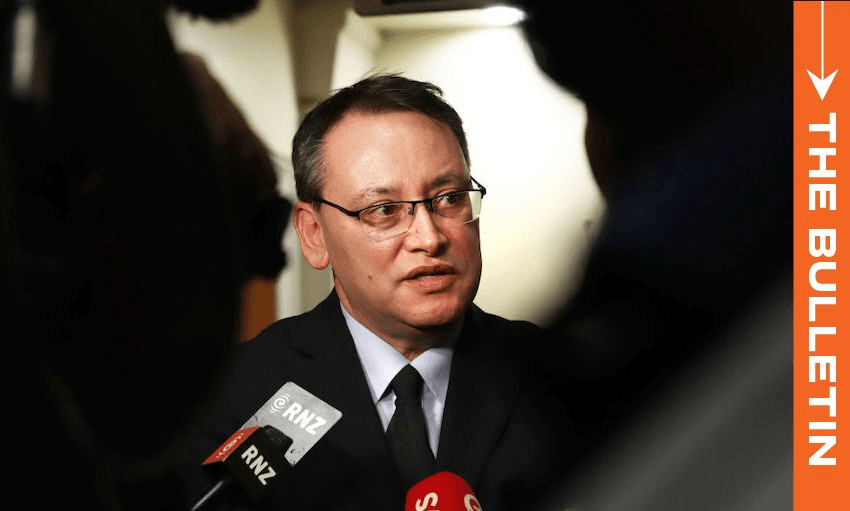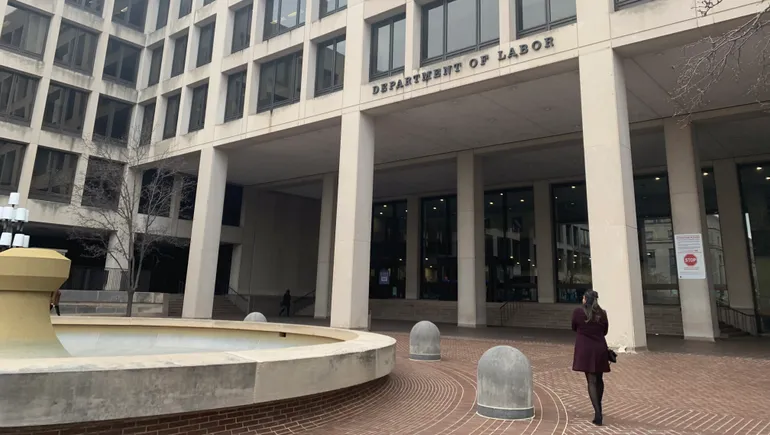Recently, I found Matilda, my 11-year-old, camped out at my laptop, adding books from her new favourite young-adult fantasy novel series to Amazon’s virtual shopping cart. When I asked her if any of the books were on sale or, better yet, available at the library, she gave me a blank stare and, again, clicked “Add to Cart.”
Sigh. Figuring out financial literacy for kids is tough. To be clear, I don’t buy things just because my daughter adds them to the cart, nor is she a big or freewheeling spender. But that moment did make me pause. Does she understand that the books cost $15.99 each? Does she think that’s worth it, considering she will devour each 500-page tome in a weekend?
Like most parents, I look for everyday opportunities to talk about money. Comparing prices in the grocery store, paying a bill in my banking app, stopping at the ATM to withdraw cash—and, yes, shopping online—are all great conversation starters about how we save and spend our hard-earned cash. But sometimes, as parents, we struggle with how much to share, or to find ways to make money talks more relatable or interesting. We wonder if the messages are even getting through. I know I’m not the only parent who often questions whether I’m doing it right. I’m relieved that kids in our province will soon be learning more about financial literacy in the classroom, too.
Getting schooled about financial education
The new math education objectives will roll out in September 2025 as part of a major overhaul of the Ontario Secondary School Diploma. Students will learn how to balance a household budget and protect themselves against financial fraud, for example, as part of their grade 10 math course. And they will be required to pass a financial literacy test, with a grade of at least 70%, in order to graduate.
In the upcoming school year, younger students will have access to more lessons about finance, too. Thanks to a grant from the Ontario Ministry of Education, students will have an opportunity to learn about money starting in elementary school.
In collaboration with Desjardins, four organizations will deliver workshops across the province, available to students in grades 4 and up. These include Impact ON, EBO Financial Education Centre, Ontario Co-operative Association and the YMCA of Greater Toronto. According to Impact ON, the collaboration will allow it to offer more than 415 workshops to at least 12,450 students by the end of March 2025. (Read more about Desjardins’ programs and other free personal finance classes in Canada.)
What students will learn from Ontario’s new financial literacy workshops
Here’s how the programming breaks down:
For grades 1 to 6
There are three interactive modules of 45 minutes to one hour in length, combining quizzes, role-playing and videos to make learning financial concepts fun. For this age group, the modules cover:





















Discussion about this post